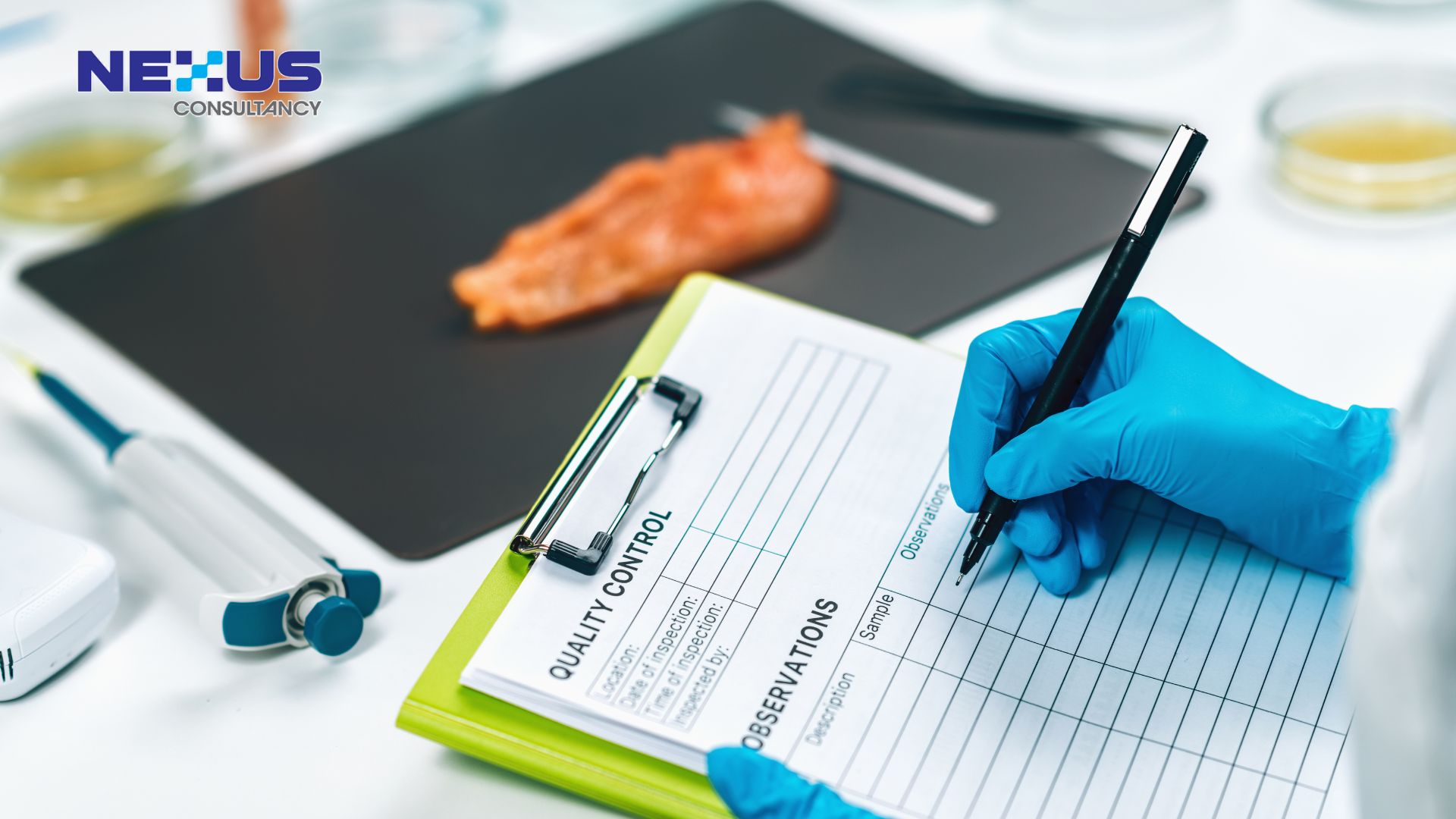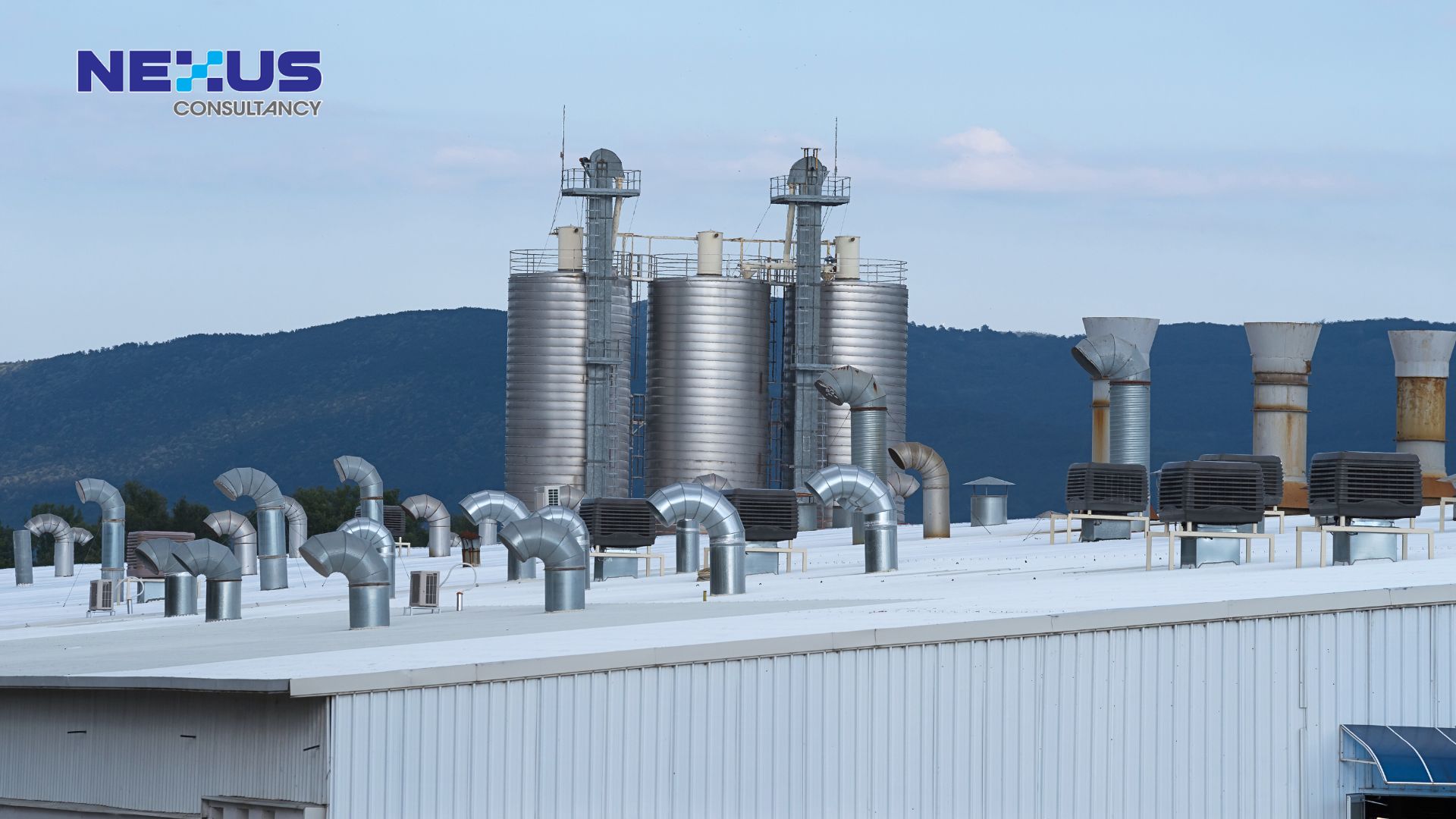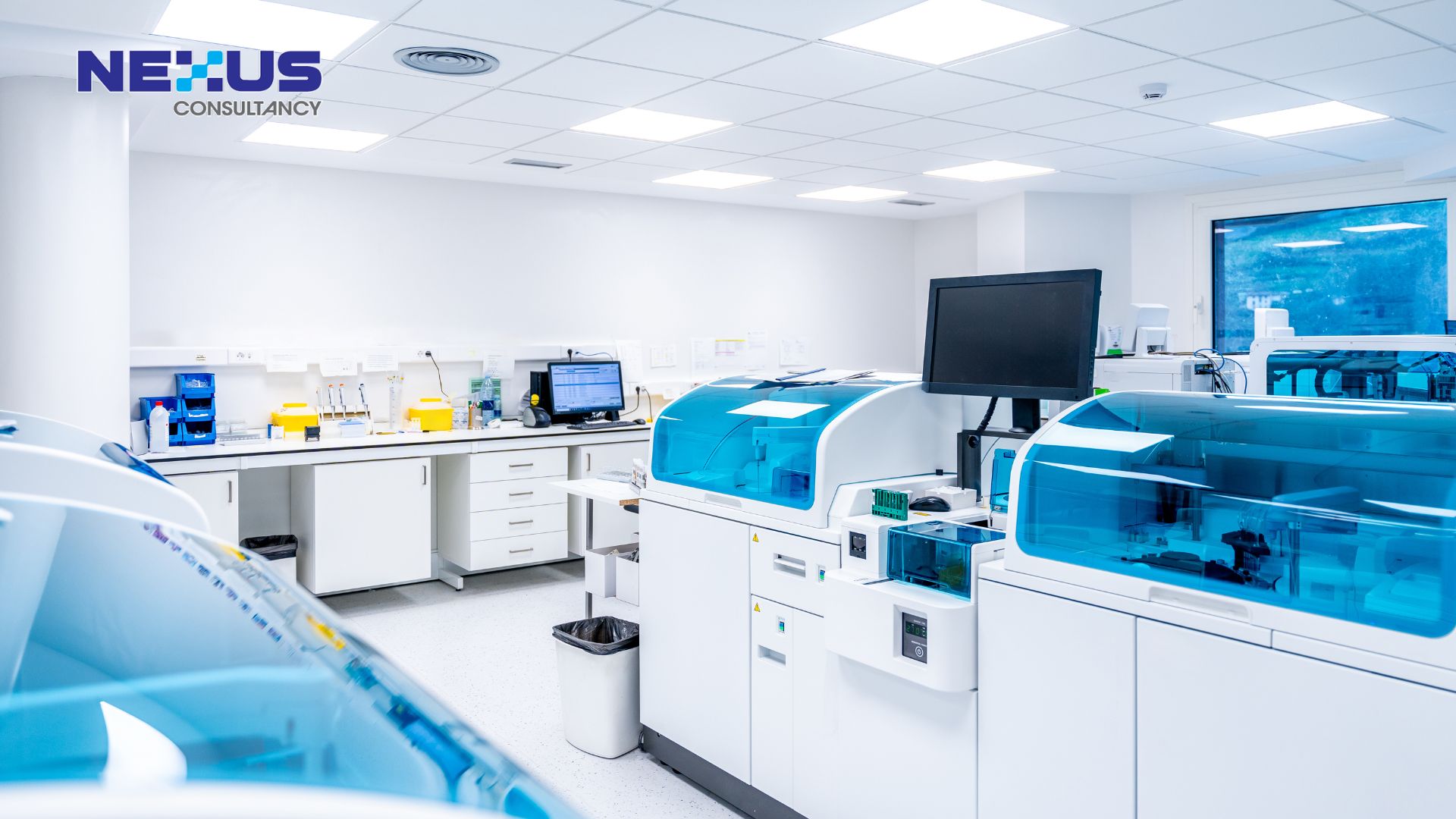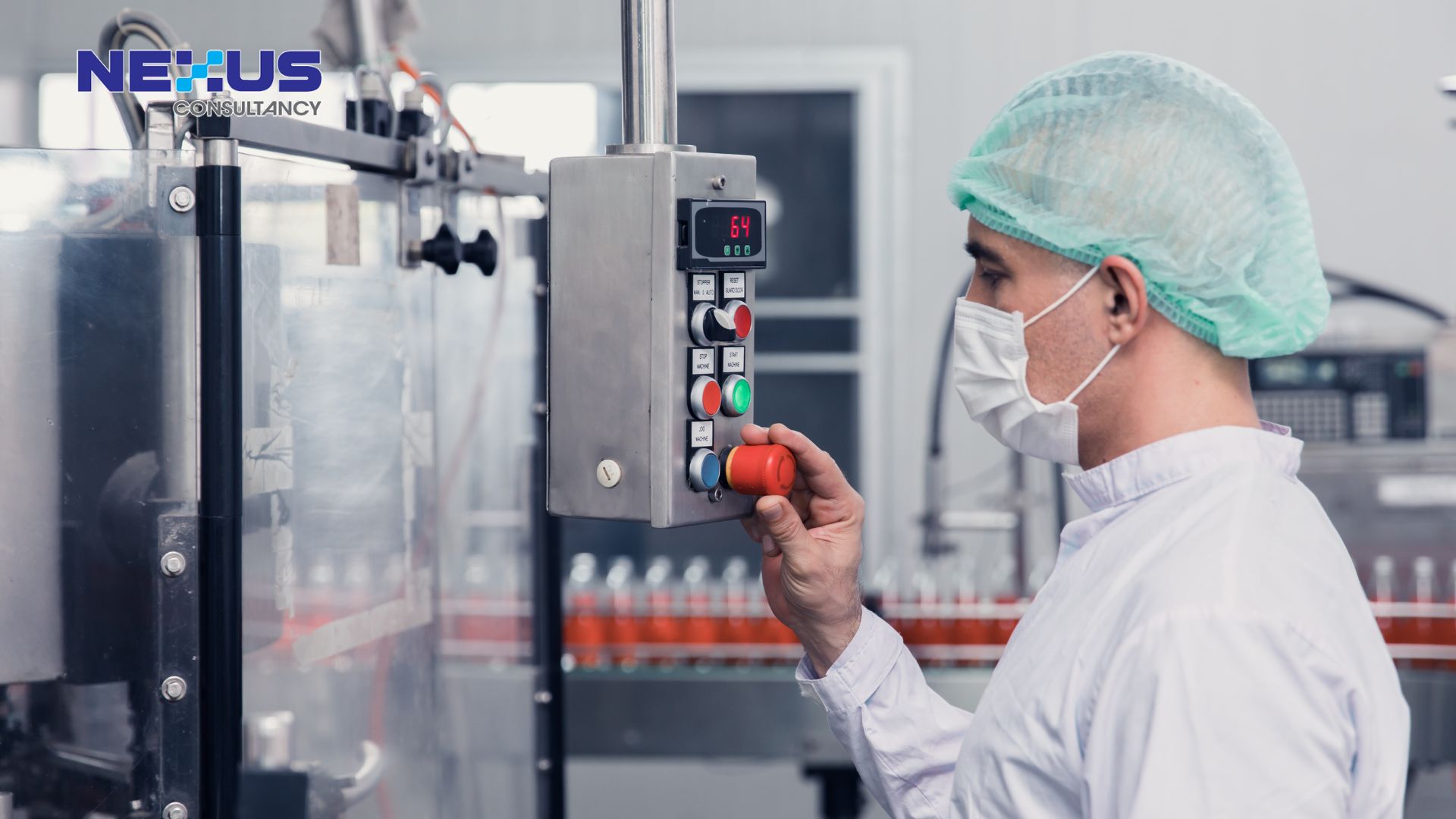
Danielle Tan
Chief Operating Officer
Learn about the latest updates in FSSC 22000 Version 6, focusing on effective maintenance system management to ensure food safety and compliance.
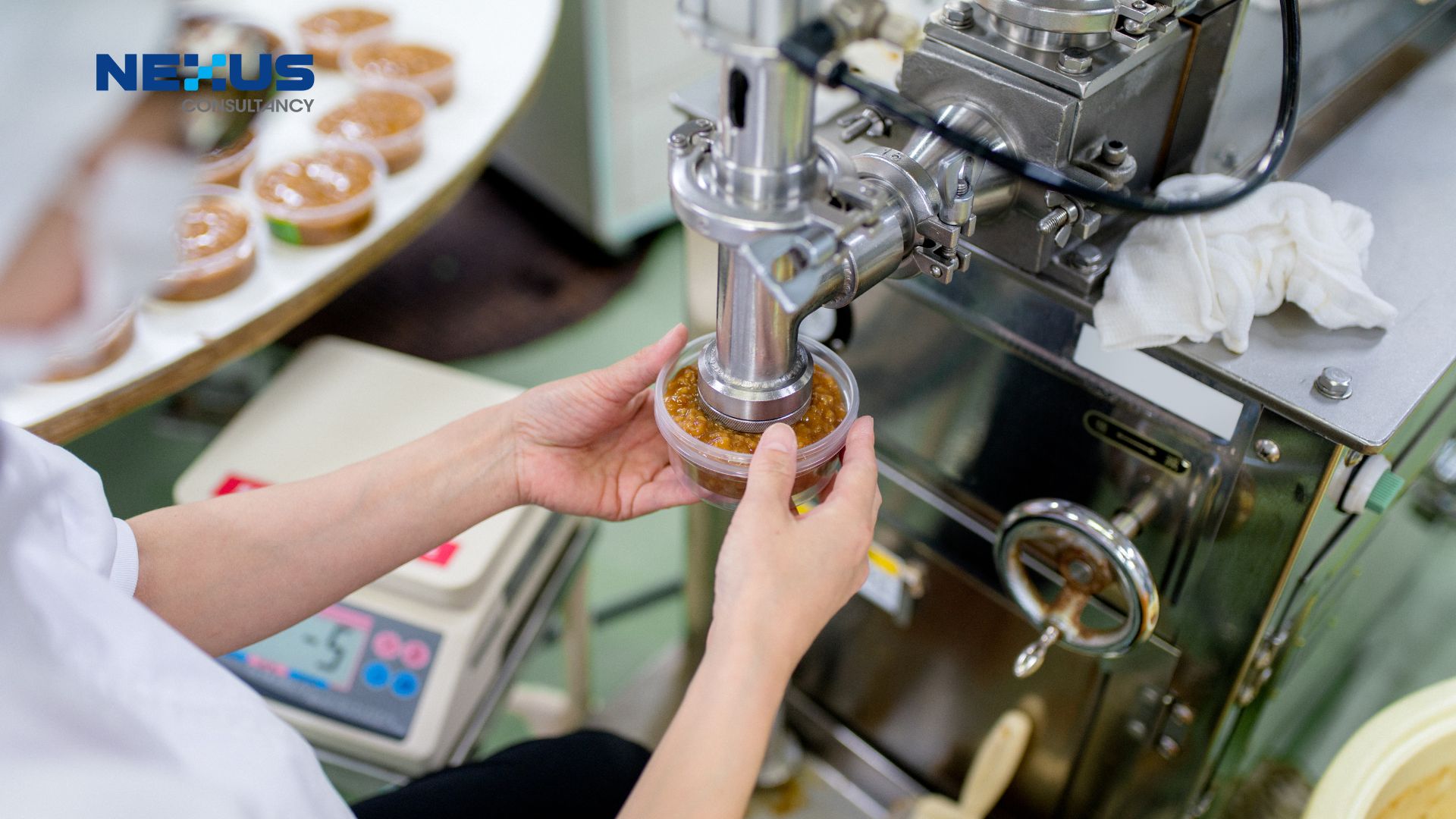
Maintaining high standards of cleanliness and sanitation is crucial in the food industry. Regular inspection and cleaning of equipment are essential to prevent contamination. Food processing involves complex machinery with numerous moving parts, which are susceptible to wear and tear, making maintenance critically important
Repairs
Repairs to equipment must be managed to prevent contamination. This includes ensuring that all repairs, both temporary and permanent, do not introduce hazards to the production process. Temporary repairs should be:
- Suitable for the specific emergency.
- Kept to a minimum to limit the risk of contamination.
- Used only when absolutely necessary.
- Scheduled for full repair at the earliest opportunity.
FSSC 22000 Requirements:
- Identify critical control points (CCPs) where repairs could impact food safety. Develop and implement procedures to ensure repairs do not affect the CCPs.
- Require a documented procedure for managing repairs and maintenance to ensure food safety.
- Incorporate specific maintenance and repair requirements into the Food Safety Management System (FSMS), ensuring compliance with food safety objectives and legal requirements.
Calibration
Calibration records must be detailed and include:
- The individual who made the adjustment.
- The details of the adjustment.
- The date and time of the adjustment.
FSSC 22000 Requirements:
- Ensure calibration of monitoring equipment at CCPs to maintain accuracy and reliability.
- Document calibration procedures and maintain records as part of the prerequisite programs (PRPs).
- Regularly calibrate equipment according to the defined schedule and keep detailed records to ensure compliance and traceability.
Equipment Controls
The following equipment must not pose a risk to the product:
- Mobile equipment
- Battery-charging equipment
- Diesel-powered equipment
- Equipment not in use
- Automated processing equipment
Equipment must be:
- Logged and risk-assessed to identify necessary controls.
- Inspected to meet legal requirements, prevent contamination, and ensure product quality, with records maintained.
FSSC 22000 Requirements:
- Identify potential hazards from equipment and establish control measures to mitigate these risks.
- Include equipment control and maintenance as part of the PRPs to ensure it does not compromise food safety.
- Ensure that all equipment is maintained and operated according to the food safety plan, with appropriate risk assessments and controls in place.
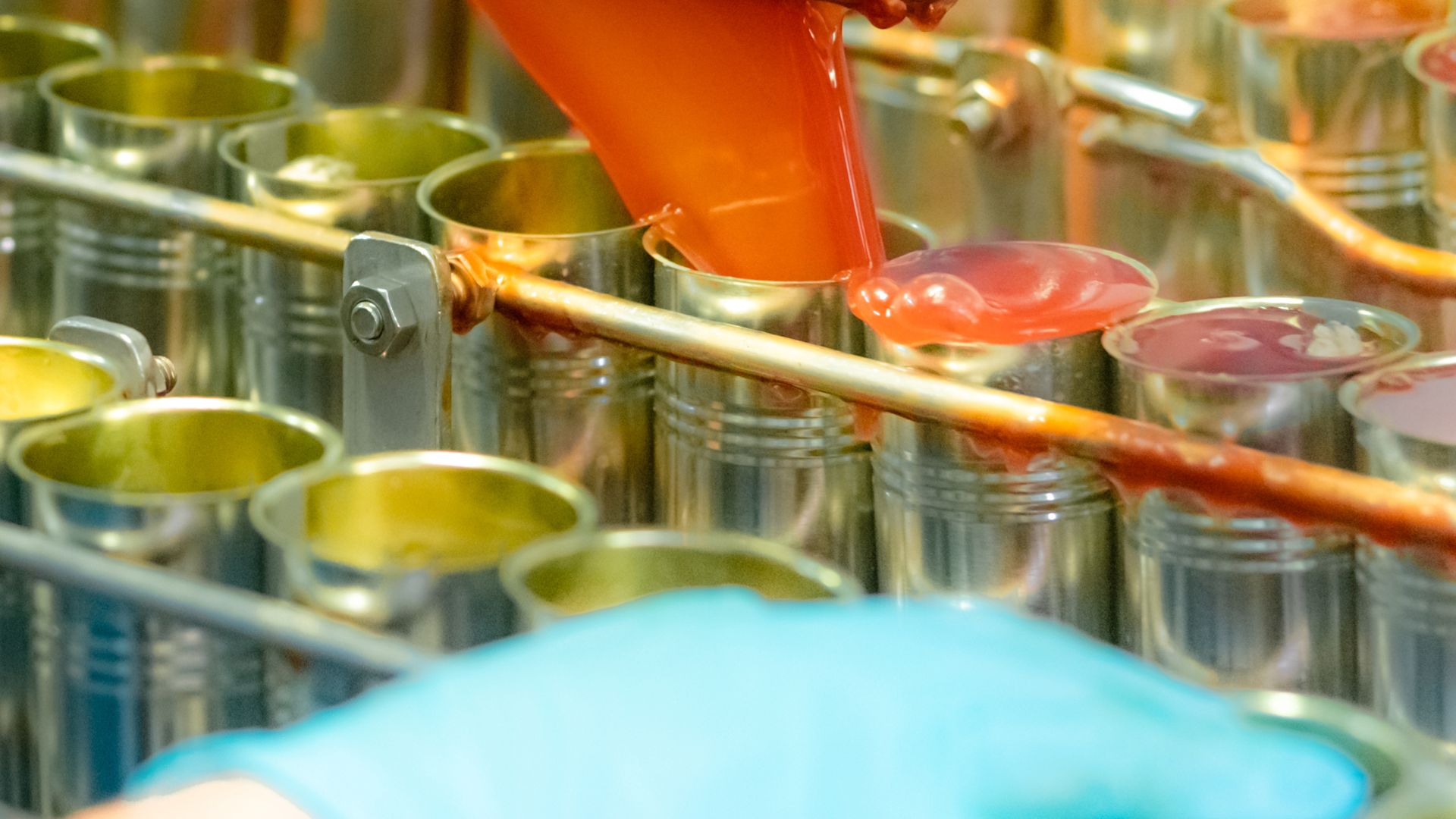
Operational Equipment and Materials
Operational equipment and materials in direct contact with food or food contact packaging must be suitable for food contact and comply with legal requirements. This compliance must be demonstrated with a certificate of conformity or specification.
FSSC 22000 Requirements:
- Verify that all equipment and materials in contact with food meet safety criteria and do not introduce hazards.
- Ensure that all food contact equipment and materials are included in the PRPs and comply with legal and regulatory requirements.
- Maintain documentation and certificates of conformity to ensure that all equipment and materials used in production meet food safety standards.
Engineering Workshops
Areas used for maintenance tasks, such as engineering workshops, must not pose a risk to the product. This includes proper organization, cleanliness, and separation from production areas to prevent contamination.
FSSC 22000 Requirements:
- Identify potential hazards associated with maintenance areas and implement controls to prevent contamination.
- Include the management of engineering workshops in the PRPs to ensure they do not impact food safety.
- Ensure that maintenance areas are controlled and managed as part of the FSMS, with procedures to prevent cross-contamination.
Contractor Controls
Contractors must be accompanied and supervised at all times unless they have completed appropriate training to work unsupervised. This ensures that they are aware of and comply with the company’s food safety protocols.
FSSC 22000 Requirements:
- Ensure contractors are trained and aware of CCPs and food safety procedures to prevent contamination.
- Include contractor management as part of the PRPs, ensuring they follow the food safety procedures.
- Require documented procedures for contractor management, including training, supervision, and compliance with the food safety plan.
Training
Staff involved in maintenance tasks, including autonomous maintenance, must be competent. This includes regular training and assessment to ensure they understand and can implement food safety measures effectively.
FSSC 22000 Requirements:
- Train staff on food safety principles, including the importance of proper maintenance to prevent contamination.
- Document and implement training programs for staff as part of the PRPs to ensure competence in maintaining food safety.
- Incorporate training requirements into the FSMS, ensuring staff are regularly trained and assessed to maintain competence in food safety practices.
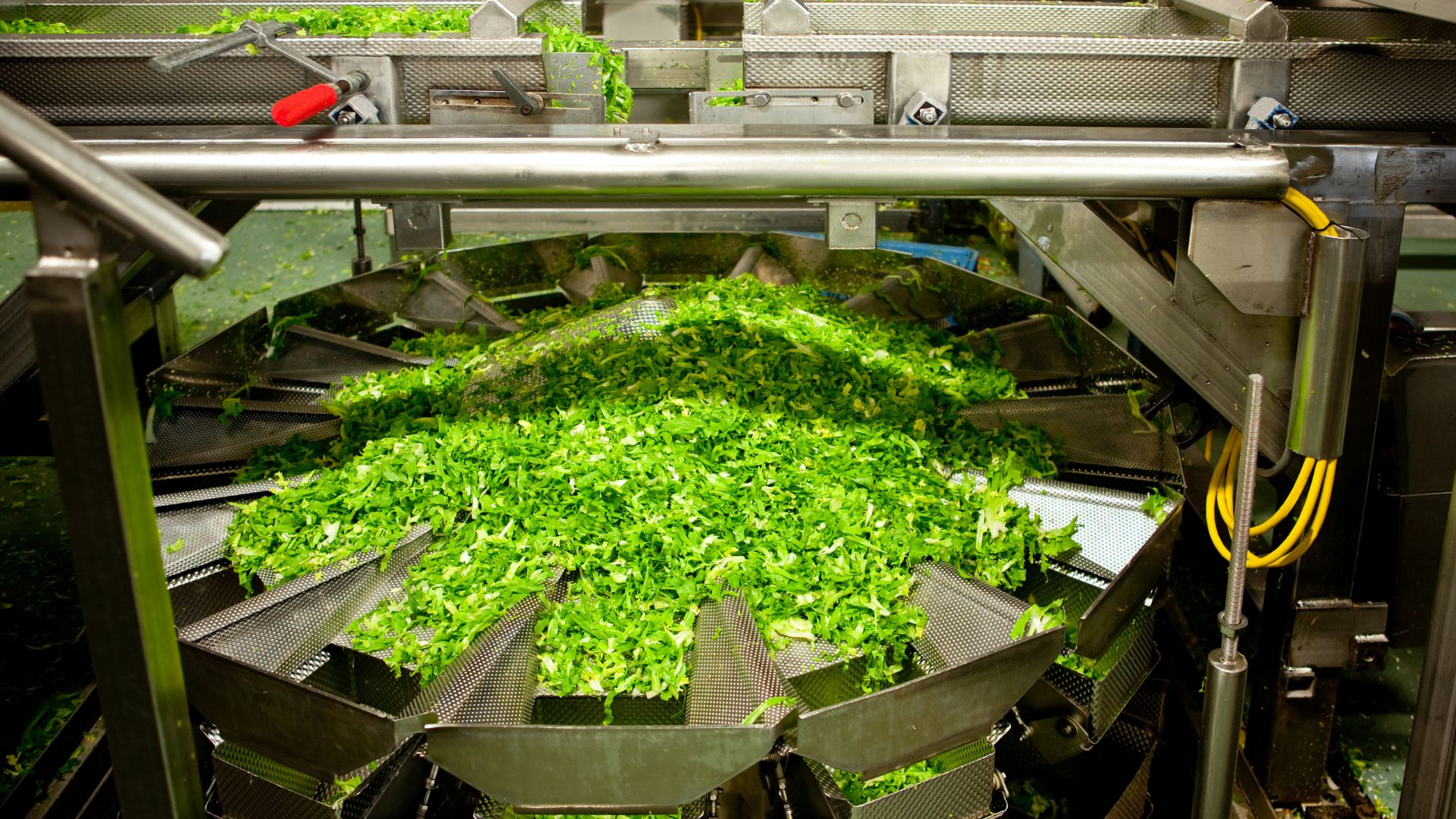
Conclusion
In conclusion, rigorous management of equipment repairs, calibration, and maintenance is fundamental to ensuring food safety in production facilities. Adhering to FSSC 22000 standards, along with comprehensive documentation, risk assessment, and ongoing staff training, is essential. These practices collectively help maintain a contamination-free environment, safeguarding the integrity and safety of food products.
Reference:
- Food Safety System Certification 22000 Guidance Document: Equipment Management.
Curious to learn how to manage your factory system maintenance? Get in touch with us now for more information.

